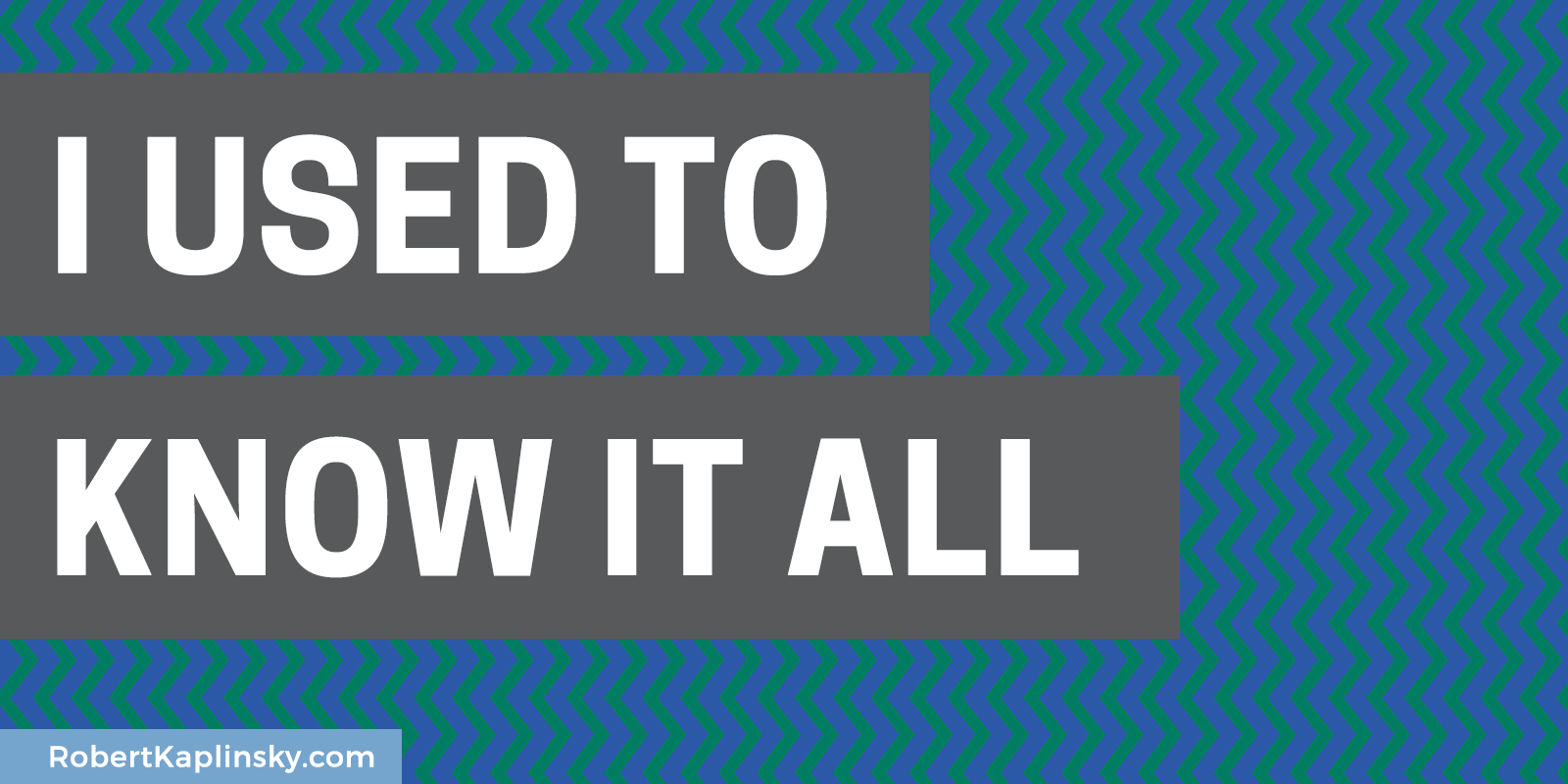I remember when I felt like I knew everything about mathematics. It was shortly after I graduated from UCLA with a B.S. in mathematics. I had this feeling like I knew pretty much everything I needed to know. I also clearly remember the moment when the walls of that reality began cracking.
It happened in my first year of teaching when I attended a workshop where someone asked us to explain why we invert and multiply when we divide fractions. My initial thoughts were a combination of “Wait, there’s a reason?!” and “Well if I made it this far, I guess it’s not important.” I wasn’t ready to let go of my naivete because denial was much easier than considering the possibility that I didn’t really understand elementary mathematics.
Since then, I’ve come to realize that this was just the tip of the iceberg in terms of all the things I thought I knew but didn’t. I later figured out that:
- there was a reason for pi’s value
- we’re not really “bringing down the zero” when multiplying
- geometric formulas for area, volume, surface area, etc. actually came from somewhere and were not just arbitrarily assigned
- when we’re borrowing while subtracting, we’re not actually borrowing a one
This is certainly not limited to math education, it’s the same for parenting, marriage, politics, and social justice. The more I learn, the more I realize I don’t know.
So, if you feel awkward about all the things you don’t know, join the club. I’m not saying it’s easy to accept or that you won’t feel embarrassed, but it is very normal. In fact, if you never have moments that make you question whether you know anything, that might be something to be even more concerned about.


Love this so much. We need to make it okay to not know everything and keep wanting to learn and grow. Pam Harris’s perspective article really helped me on this and the “Impact of Identity” book.
Thanks for sharing this, Alicia. I think it’s important to share these parts out loud so that we normalize this kind of growth.